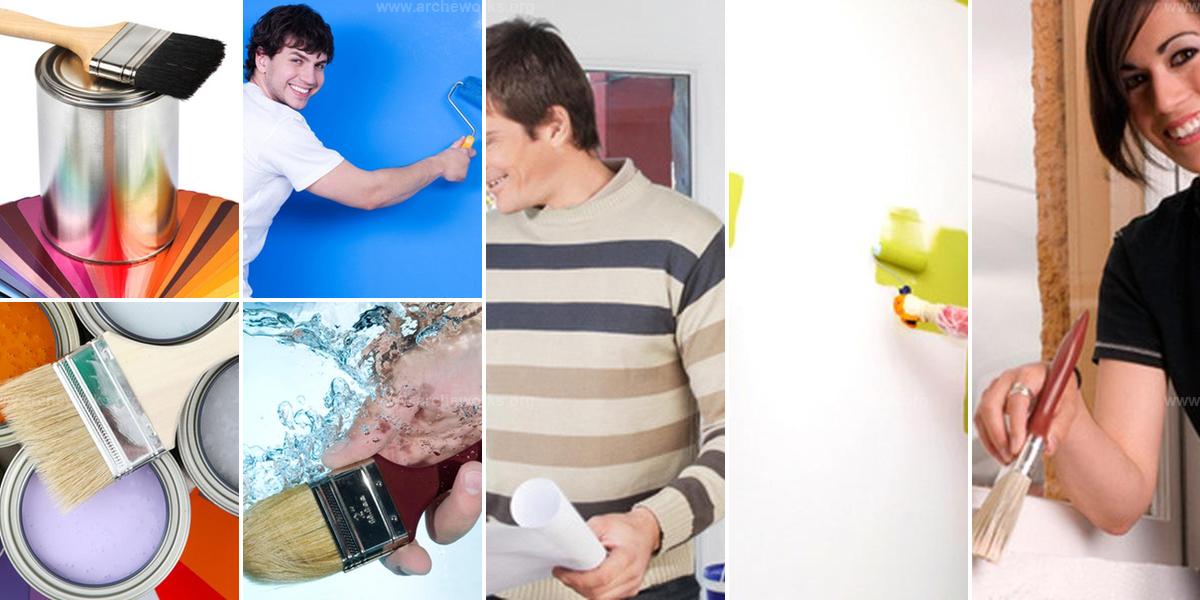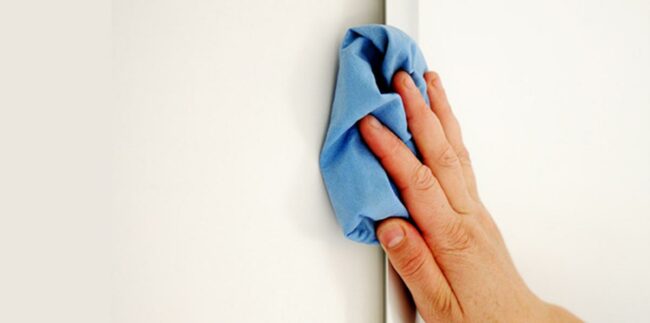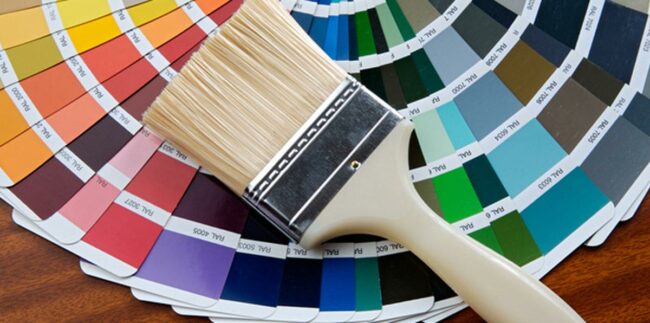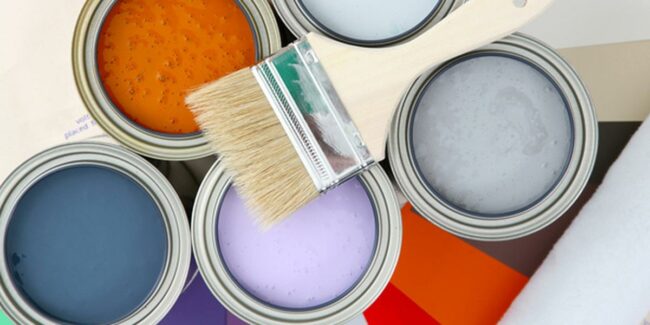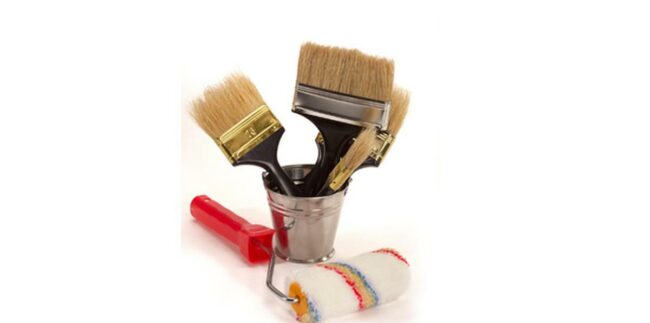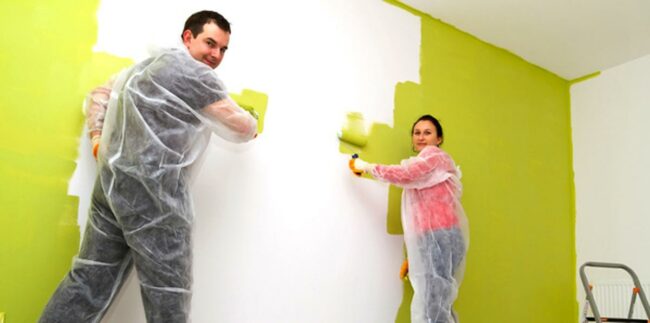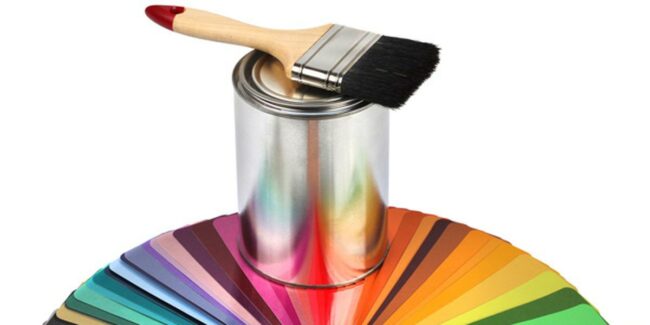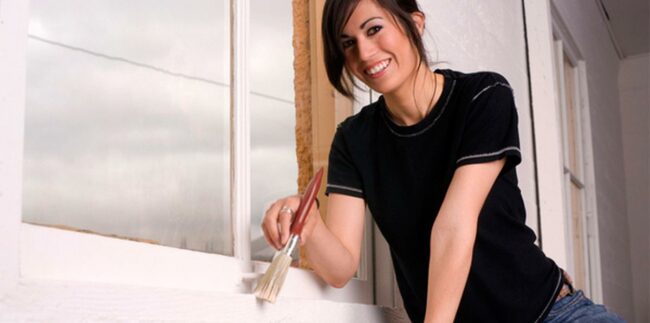10 Creative Tips for Painting Interiors
Painting your home’s interior is a fantastic way to refresh and personalize your space.
The right colors and techniques can dramatically change the look and feel of each room.
Choosing the perfect shades involves understanding how colors interact and complement your existing decor.
A well-painted interior creates a harmonious and welcoming atmosphere that reflects your style.
Cleaning the Surface
A clean surface is essential for achieving a flawless paint job.
Dust and grime can lead to uneven finishes, ruining your hard work.
Wiping down the area before starting ensures that every stroke of your brush goes on smoothly.
Scrubbing away stubborn dirt might take extra effort, but it pays off with a polished look in the end.
Avoiding painted-over wallpapers prevents unsightly peeling and bubbling later on.
Choosing Paint Colors
Selecting colors for your interior is an exciting step in personalizing your space.
For example, ssoft pastels can evoke calmness, while bold shades might energize a room.
Mixing a primary shade with accent colors adds depth as well.
For expansive rooms, deeper tones can enhance warmth and coziness, whereas lighter hues work wonders in smaller areas by creating an illusion of openness.
Picking Suitable Paint
Matte finishes offer a subtle elegance, perfect for creating a warm and inviting environment.
Glossy options reflect light beautifully, adding a touch of sophistication to any room.
Water-based paints dry swiftly and are gentler on indoor air quality due to their lower VOC levels.
On the other hand, oil-based paints provide durability but come with higher VOC emissions that may require extra ventilation during application.
Consulting with professionals or diving into research can guide you toward selecting what best suits your home’s needs and style preferences.
Preparing Painting Materials
Different paint viscosities require specific rollers to ensure even application on various wall textures.
Brushes come in various sizes, allowing you to tackle large areas and intricate details with ease.
While shopping for paint, remember to grab your brushes and rollers as well; they are just as important in the process.
Store staff can provide valuable advice on which tools will work best for your project, so don’t hesitate to ask questions while browsing.
A sturdy paint tray is also necessary.
Wearing Appropriate Clothing
Choosing the right clothes is essential, especially if you want to avoid splatters.
Consider wearing old t-shirts or pants that you don’t mind getting stained.
A bodysuit provides excellent protection and keeps your outfit intact while you unleash your creativity.
Gloves can also help keep paint off your hands, making cleanup easier afterward.
Preparing Your Area
Move furniture and decorations to a separate area, ensuring they stay safe from any splatters.
Cover items with drop cloths or plastic sheets for extra protection against paint drips.
Clearing the workspace not only prevents accidents but also allows you to focus on your artistic vision without distractions.
A tidy environment makes it easier to access all your tools and materials when needed.
Applying Coatings and Touch-Ups
Coatings and touch-ups play a crucial role in achieving that flawless finish.
Applying a primer is essential when switching between drastically different colors; it sets the stage for your chosen hue to shine through.
Expect some paints to require multiple layers, as this helps reveal their true vibrancy.
Areas prone to wear or imperfections may need extra attention after the initial painting is complete, so keep your brush handy for those touch-ups.
Cleaning and Storing Tools
Cleaning tools after each use is essential for maintaining their quality.
A quick rinse or wipe can save time and effort in the long run.
Storing them properly prevents damage and keeps everything organized, making your next project easier to tackle.
Covering excess paint ensures it remains usable for future tasks, reducing waste and saving money.
Seeking Help
Feeling overwhelmed by the thought of painting your home?
Hiring a professional painter can ease that burden.
Experts in this field possess valuable skills and knowledge about color schemes and techniques.
They often bring fresh ideas to the table, enhancing your space with their expertise.
Avoiding DIY hassles allows you to focus on other important tasks around the house.
Opening Windows
Fresh air circulation helps reduce the strong odors that can linger from paint, especially oil-based varieties.
Keeping doors and windows open allows harmful fumes to escape, ensuring a safer environment for you.
If sensitivity to smells is an issue, consider wearing a mask or covering your mouth and nose while working on your project.
A well-ventilated space can protect your health.

